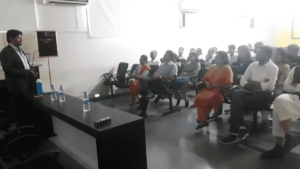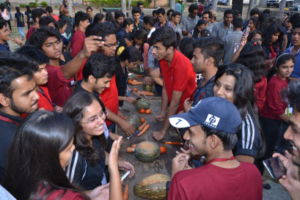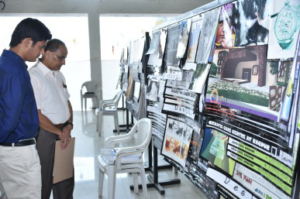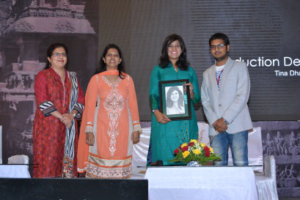Can you imagine a world without mobile phones, television and internet? Electronics and technology has griped our life to the extent that we cannot imagine living in a world without it. From house hold items to equipment’s in industry for automation, telecommunication, defence, health & medical and even agriculture sector widely deploy electronics for diagnostics and control. In pre-liberalisation era, possessing imported electronics product was considered to be a status symbol. However, now, all types and variety of imported products are easily accessible to the common man. As a common consumer we do not really worry if the products that is purchased is manufactured in India or imported. What matters to a consumer most is the trade-off between desired quality and affordability. The status symbol attached to the imported products has lost its significance.
In the year 2017, the consumption of electronic products in India for all the business segments was Rs. 68000 cror (USD100 billion). It is estimated that electronic product market size in India would grow four fold (USD400 billion) by 2022. Almost 75% of market needs will be catered by imported electronic goods; as our domestic production is not geared up to keep pace with the demand. If we do not intervene to change the situation, domestic production of electronic items would reach barely about USD 100 billion in the same time frame. It means a deficit of about USD 300 billion between imports and domestic manufacturing. Such a humungous import would put great pressure on nation’s foreign exchequer. The foreign exchange outflow for electronics goods would be much larger than that is required for import of oil.
To handle such a situation Government of India has devised electronics policy in the year 2012 to deal with the economical and social effects due to the ever increasing import of electronic products. The policy encourages and incentivises the industry for manufacturing electronic products in India. “Make in India” is one part of the policy. Under the policy an Electronic Corridor was conceptualized. Aurangabad is one among the cities in Maharashtra with Pune and Navi Mumbai. It is anticipated that the interventions as per policy would create millions of employment. The next step of domestic manufacturing is to design, develop and manufacture complete product indigenously. This would create additional 32 million jobs for engineering graduates.
Industry is rapidly transforming with new technology trends. The current manufacturing practices and technology are getting outdated. The new trends of technologies adapted by business are around artificial intelligence, automation, internet of things, and robotics. Globally the newer technologies are developed at universities. These technologies spun off inform of start-ups for commercially manufacture and promote the products.
Unlike global trends, universities of India do not have focus on carrying out industry relevant research. At the same time Indian businesses also have no faith in university research. Therefore, it does not offer monitory support for development of newer technologies from university campus.
However, the situation is not as bad as it looks to be for Indian business houses. As technologies are still evolving, it is a great opportunity for India with her large pool of technical manpower to keep pace with global trends. We have a level playing field. Other countries may have taken lead on developing basic technology, however, with availability of technical manpower, our business can focus on integrating the technologies and devises already developed.
Indian businessman are seriously considering developing product business along with service industry. However, they are facing challenges of complex and upgrading technology, need for innovative and out of box ideation, and manpower that has multidisciplinary skills. Product development with newer, high end and complex technology will needs advanced infrastructure and development of eco systems.
To create basic infrastructure and support eco system, Government of India has encouraged establishing manufacturing clusters for electronics sector with public-private partnership model. The infrastructure is getting ready at Aurangabad in form of Devgiri Electronics Manufacturing Cluster.
In addition to the basic infrastructure another major issue is availability of technology and skilled manpower. Acquiring readily developed technology by purchase or partnerships is becoming impossible as global player to can directly access Indian markets. Moreover, the technological solutions developed by global companies are focused to their own market conditions. It may not be useful to adapt them without customization to solve our unique problems. Therefore, it may still be viable to conceive and develop solutions indigenously in partnership of academia and industry.
Identifying the need, MIT Group of Institutes have launched “National ESDM Technology Research Academy” (NETRA). Electronics Industry at National level through India Electronic Semiconductor Association, and Electronics Sector Skill Council of India have supported NETRA programs. A local group of Industrialist represented by Devgiri Electronic Cluster is also participating in NETRA activities. To create a wider impact, initiatives of NETRA will also be implemented with all interested academic institutions based on the capabilities and interest.
From the discussions so far, three prominent requirement have emerged to deal with challenges of indigenous development of electronics technologies and products. 1. To create innovative technologies and solutions in the field of electronics, 2. Identify, encourage and mentor start-ups offering disruptive solutions for Indigenous social conditions, and 3. Develop industry ready manpower with interdisciplinary skill set. All these three requirements are included as part of the objectives of NETRA.
To achieve the objectives, NETRA has started implementing programs of design and develop products at a prudent cost with support of faculty and students under mentorship of Industry experts. On development; the products will be manufactured at commercial level by respective industrialists. The required facilities for pilot batch manufacturing and testing will be offered by Devgiri Electronic Manufacturing Cluster.
One major step toward creating industry ready engineers, NETRA has launched an initiative of Engineering Exploration. The focus is project based learning. The objective of the new subject module is to develop self-learning and problem solving skills among students. Along with technical skills, engineering exploration also focuses on professional ethics and sustainability in development. As part of the course, students will also complete a project.
NETRA has also started an incubation centre focusing on Electronics sector. The incubation centre offers basic work area, expert manpower, access to laboratories and workshop required for development. Additionally, start-ups are mentored and offered access to the investment and government schemes. Aurangabad has already established its identity in automotive sector at global level. With establishment of NETRA in the region and support of Devgiri Electronic Cluster, Aurangabad Industry has an opportunity to create a mark on global electronic business.
Contact
Prof. Vishwas Kurundkar
Director NETRA at MIT Group of Institutes, Aurangabad
vishwas.kurundkar@mit.asia



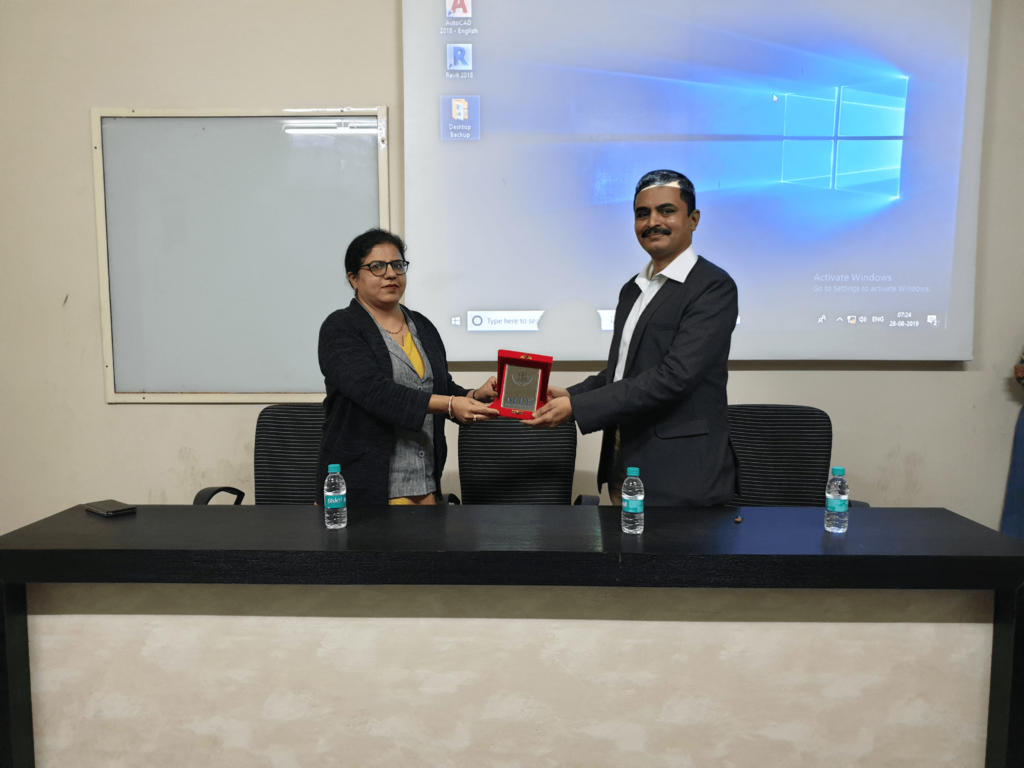
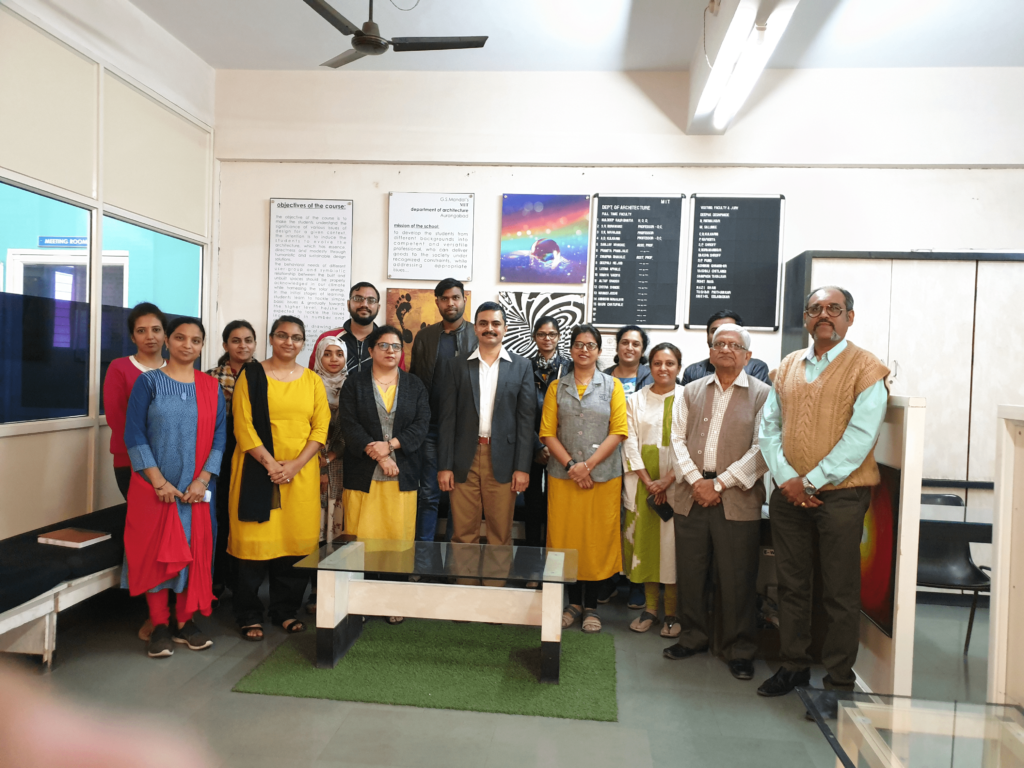

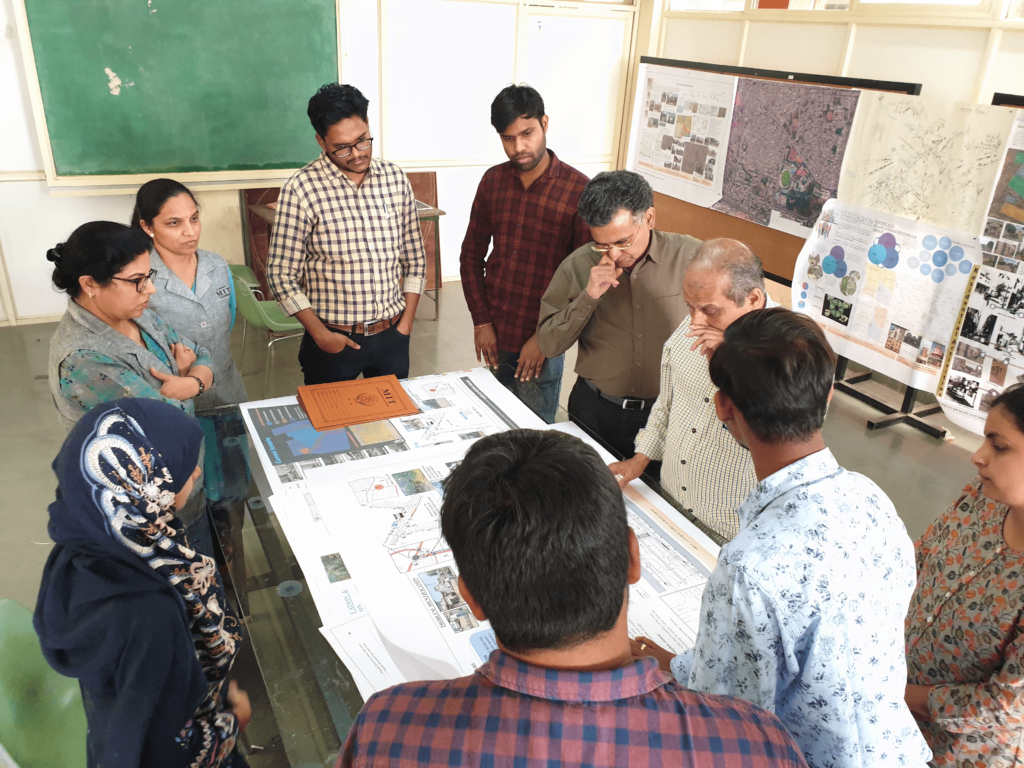
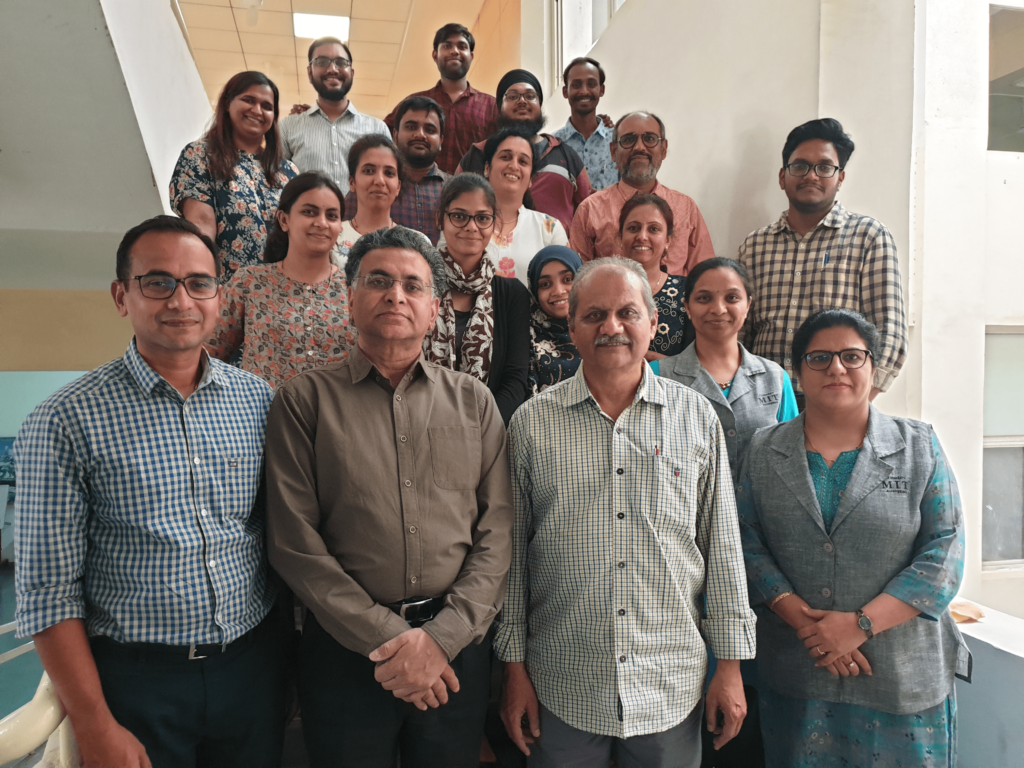
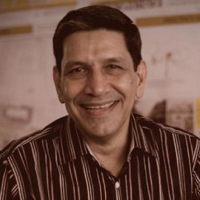

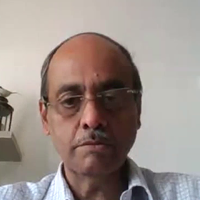

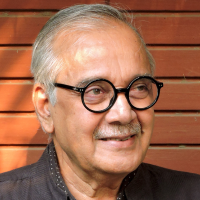


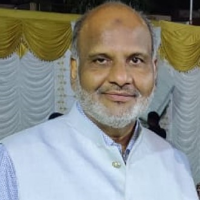
 Introduction of Expert
Introduction of Expert